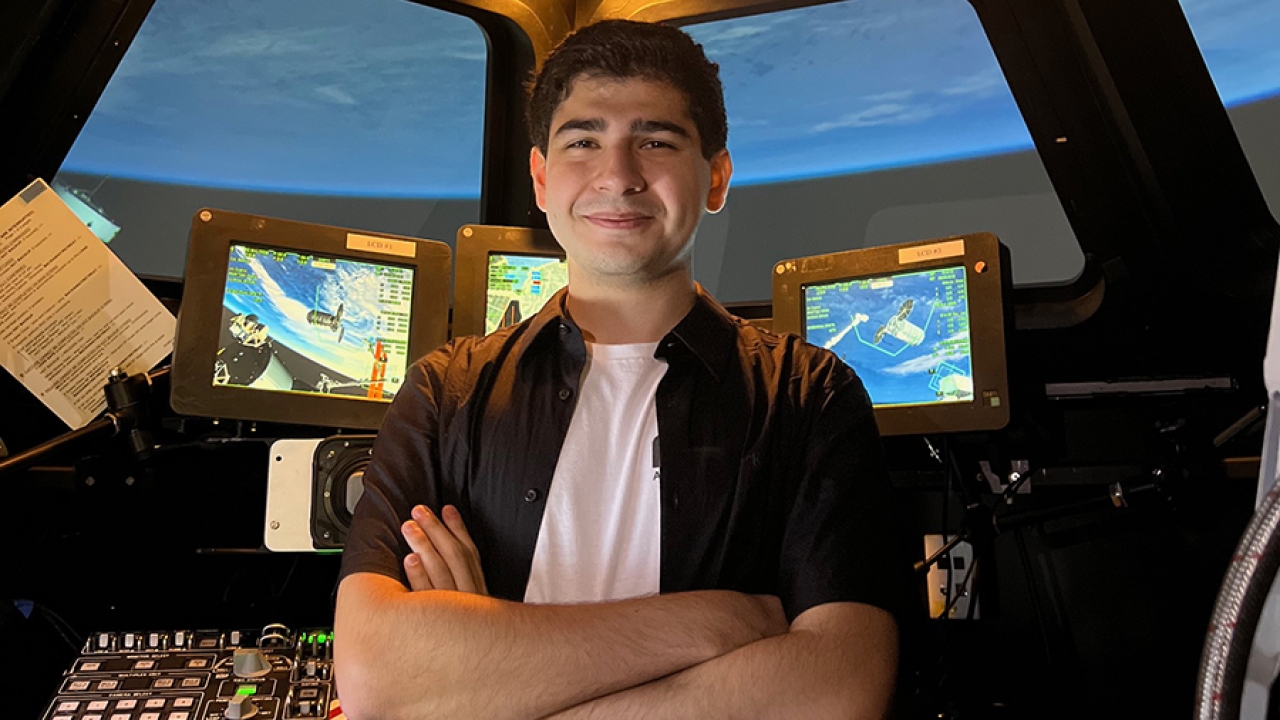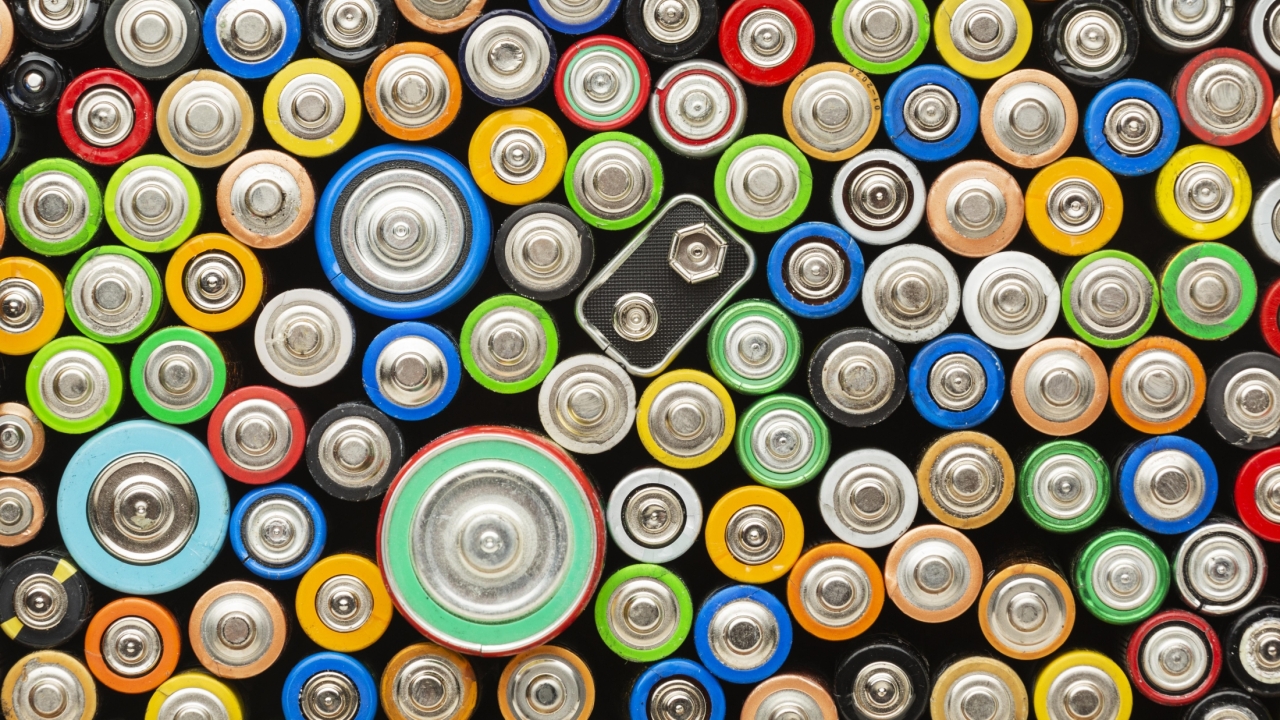
Engineering Alumni Part of NASA's 2023 Commercial Invention of the Year
The National Aeronautics and Space Association, or NASA, recently announced that one of its 2023 Commercial Inventions of the Year is the cell thermal runaway calorimeter, a device to which three recent graduates of the mechanical and aerospace engineering undergraduate program at the University of California, Davis, contributed.
After graduating from UC Davis with bachelor's degrees, Sean Comick '19, Kylie Cooper '20, and Anna Valcarcel '21 each interned at different times at the NASA Johnson Space Center under William Walker, a NASA engineer whose research focused on the design, safety and optimization of lithium-ion batteries, specifically for spaceflight. The student researchers, each at different times, worked on analyzing data from tests run with the cell thermal runaway calorimeter, which Walker developed to measure the energy output of lithium-ion batteries when they suffer failure.
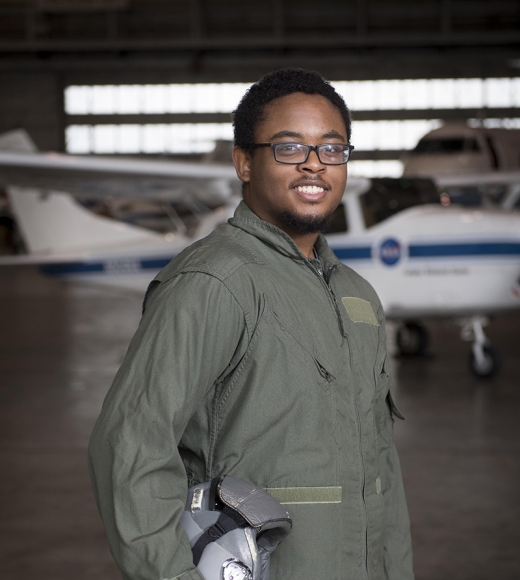
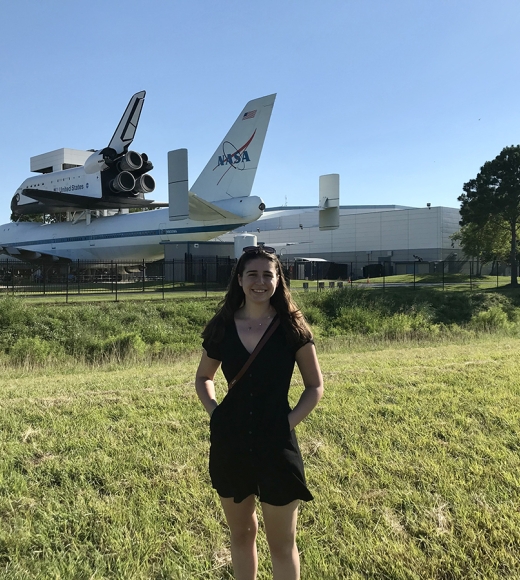
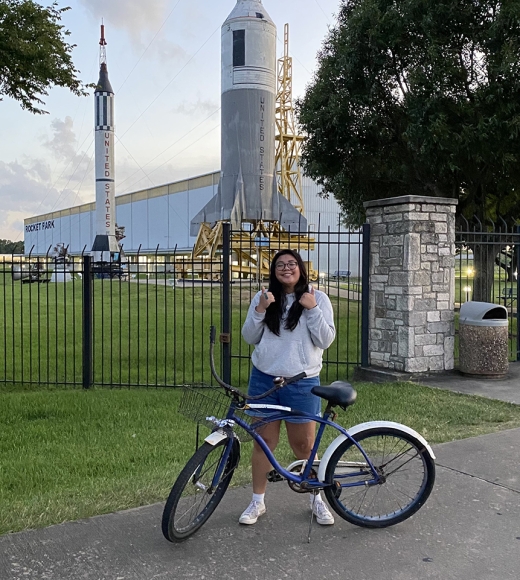
"Lithium-ion cells can be pretty dangerous," said Cooper. "They're used in a lot of things — our laptops, our phones, electric vehicles, spacecraft. And when those catch on fire, that can be a dangerous situation for anybody around. The device that we were working on was able to help characterize how physically dangerous an explosion from a lithium-ion cell is. And that helps us make safer batteries in the future."
The experiments on the calorimeter comprised bringing the lithium-ion batteries to failure — also known as thermal runaway — and using the device to measure the mass of the battery before and after failure, as well as any ejecta matter, like gas or soot, that came out of the battery.
Part of Comick's job was to help prepare for that test window, build components for the experiment, collect and clean debris after the fact, and make sure the data was recorded. The other part was working on the data analysis for small-format lithium-ion cell experiments (experiments were also conducted on large cells), which was compiled in Excel spreadsheets.
Comick began to create an automated system of processing the data from the experiments. Cooper took up the project when her internship started, continuing the process of creating and implementing the automated system. When Valcarcel started on her term, she continued writing code for the software and processing the data, building on the legacy left by her UC Davis peers.
Cooper, Comick and Valcarcel agree that the fundamental aerospace engineering courses at UC Davis instilled in them the fundamental engineering skills that they were then able to apply to research that has the potential to influence people's everyday lives.
"There are a lot of examples of technology failing that has lithium-ion batteries in it: hoverboards setting themselves on fire; Samsung phones exploding; Teslas producing really bad fires when they crash," Comick said. "I just think about how relevant these studies and experiments are. It's really cool to do important engineering work that has a real, positive impact."
Currently, Cooper and Comick are pursuing master's degrees at UC Davis and are conducting research in the mechanical and aerospace engineering department's Human/Robotics/Vehicle Integration & Performance, or HRVIP, Laboratory. Cooper will graduate this fall and will head to a job as a spacecraft systems engineer with Sierra Space., and Comick is set to finish in the spring, after which he will continue in his full-time position as a mechanical design engineer at Southern California-based Solar Turbines. Valcarcel, who also worked as an undergraduate student researcher at the HRVIP Lab, is pursuing a master's degree in environmental engineering at the University of California, Berkeley, and is researching using satellite data to model changes in surface water on Earth for water resource assessment.
All three count themselves fortunate and inspired when reflecting on their time at UC Davis and as part of the award-winning calorimeter project.
"As engineers, we do what we do because we want to make an impact and make the world a better place," Valcarcel said. "Some people don't think the batteries are as glamorous as the spaceships, but it's really world-changing work, and I think the award shows that."

